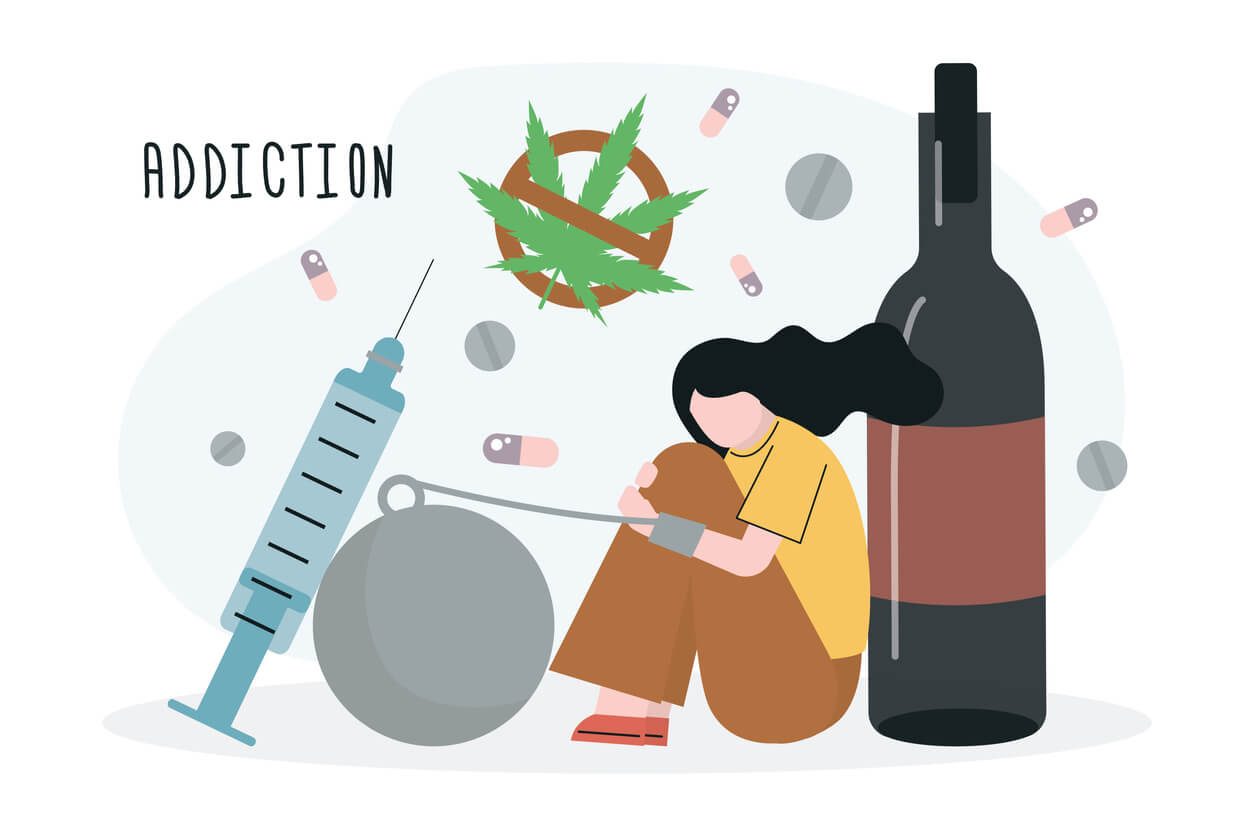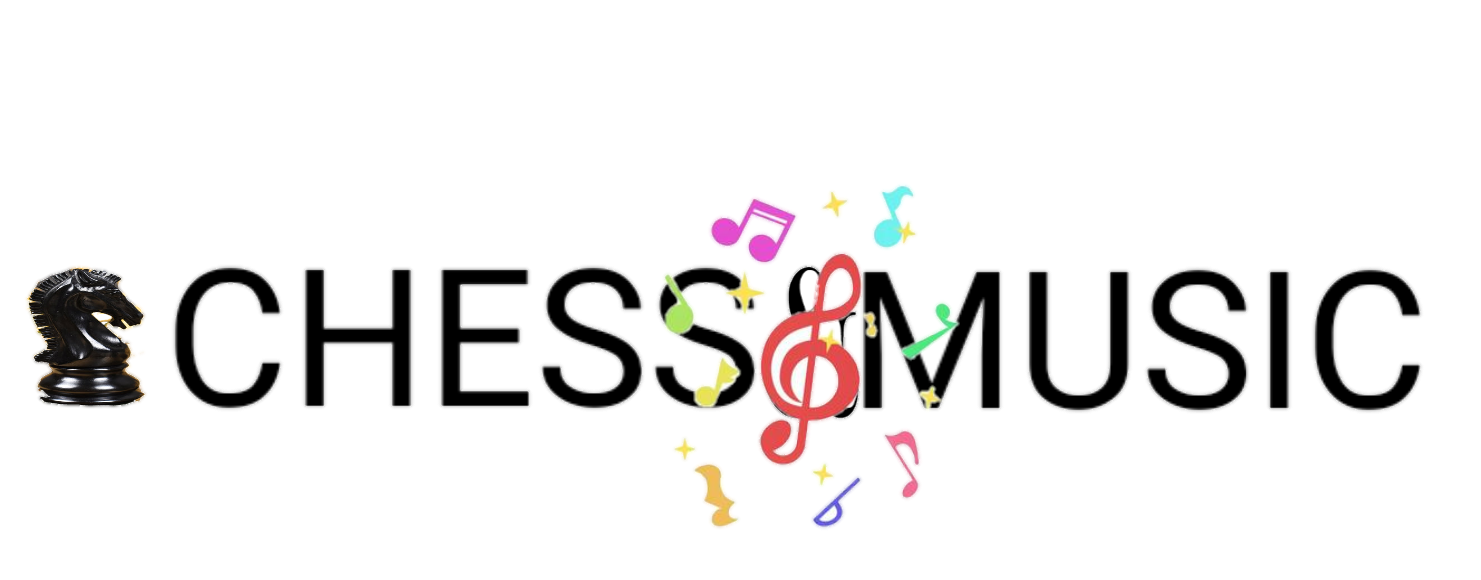Songwriting is often romanticized as a effortless and spontaneous process, with melodies and lyrics flowing effortlessly from the mind to the page. However, the reality is far from this idyllic portrayal. Songwriters face a multitude of challenges that can make their creative journey arduous and demotivating.
The Pressure to Produce Hits
In today’s music industry, the pressure to produce commercially viable hits is overwhelming. Songwriters are often expected to churn out catchy, radio-friendly tunes that appeal to a broad audience. This pressure can stifle creativity, leading to writer’s block and a sense of disconnection from one’s art.
One way this manifests is situations were writers resort to unreliable ways of coming up with songs such as relying too much on the kind of inspiration that comes to you in the shower. You are somewhere relaxed and minding your own business when a tune comes to you and you get excited and run off to write a song only to be sued later on for plagiarism!
This kind of thing is more common than you may think. I know artists like Ed Shereen , Micheal Bolton have lost court cases over this.
When my songwriting skill was at its infancy i used to write like that but i later realised that we listen to so much music that its sometimes hard to know if you are writing something new or its something you heard somewhere but aren’t sure where.
So now,when i write i take steps to see that what i write is unique by using systems that i came up with.
The Business Side of Songwriting
Songwriting is not just a creative pursuit, but also a business. Songwriters must navigate complex contracts, copyright laws, and royalty payments. This can be daunting, especially for those without a background in music business or law. The financial struggles of songwriters are well-documented, with many relying on multiple income streams to make ends meet.
Collaboration and Co-Writing
Co-writing is a common practice in the music industry, but it can also be a source of frustration for songwriters. Finding the right collaborator, navigating differing creative visions, and negotiating fair splits can be challenging. Moreover, the rise of ghostwriting has led to concerns about authorship and ownership.
From experience, i can tell you that many artists are reluctant to admit that someone else wrote for them. I think this is especially true in hip hop.
Another way this manifests is that what many industry outsiders don’t know is that many superstar musicians are good at performing on stage but give him/her a pen and paper to write a song and you may be disappointed by the result.
However, they want to sustain that image of being great all-around entertainers.
Now the truth is that very few people can bring it when it comes to crafting songs.
Someone gets a lucky break , the stars align and he/she makes a
hit. Then they struggle to make a follow up. Maybe they got lucky and were signed to a good label that assigned some writers to help the artist.
Then again, you find that the writer will work with the artists and do most of the work and then the artist will want to take most if not all of the credit!
I suspect that its why sometimes some artists release hit after hit and when they get dropped by the label, their careers fizzle out.
Mental Health and Self-Doubt
The songwriting process can be emotionally draining, with self-doubt and criticism from others taking a toll on mental health. The pressure to constantly produce new material, coupled with the uncertainty of success,industry highs and lows can lead to anxiety, depression, and burnout.

Personally ,I’m very grounded in my faith. I think one’s relationship with God matters in regards to their psychological well-being. And,for a lot of people, finding salvation is what got them out of the pits of despair.
I don’t buy too much into the superstar mentality. The way i see it, everybody is good at something.
And then i have had long experience with dealing with criticism.
When dealing with people, its important to understand where they are coming from. When you are young, you go through self discovery. You are learning about your strengths and weakness. As you get older and go into the world, the assignment is to know and understand people. Someone may say something to hurt or discredit you and if you respond without thinking you may escalate the situation.
However, if you have discipline and avoid making rush actions then it gives you time to collect your self.
Unfortunately, many artists are young, some in their teens and maybe don’t know that people get jealous. As you get older, you get to know that there is love in the world but hate also rears its ugly head once in a while especially when you least expect it.
Most people deal with a few people at a time but celebrities deal with millions. A regular person may have a disagreement with a handful of people.
When you are famous, many people show you love. But if you make a wrong turn then it can look like the whole world hates you. This tends to play out this way mostly on social media with dire consequences.
The Digital Age and Streaming
The rise of streaming has transformed the music industry, but it has also created new challenges for songwriters. With millions of songs available at the click of a button, getting noticed and standing out from the crowd is increasingly difficult. Moreover, the paltry royalties paid out by streaming services have led to concerns about the sustainability of songwriting as a career.
Notable Plagiarism Lawsuits
Several famous musicians have lost plagiarism lawsuits, highlighting the importance of ensuring originality in one’s work. Here are some notable cases:
Led Zeppelin – “Stairway to Heaven”
In 2016, Led Zeppelin was sued by Randy California, a member of the band Spirit, who claimed that the iconic song’s intro was copied from Spirit’s song “Taurus.” Although the court initially ruled in favor of Led Zeppelin, the case was later reopened, and the band was found liable for copyright infringement.
The Beatles – “My Sweet Lord”
In 1976, George Harrison was sued by Bright Tunes Music, the publisher of the Chiffons’ hit song “He’s So Fine,” for allegedly copying the song’s melody and chord progression. Harrison lost the case and was ordered to pay $587,000 in damages.
Michael Jackson – “The Girl Is Mine”
In 1984, Michael Jackson was sued by Reynard Jones, a songwriter who claimed that Jackson’s song “The Girl Is Mine” was based on his own song “The Girl Is Mine (Not Yours).” Although Jackson initially won the case, the verdict was later overturned, and he was ordered to pay $50,000 in damages.
Pharrell Williams and Robin Thicke – “Blurred Lines”
In 2015, Pharrell Williams and Robin Thicke were sued by Marvin Gaye’s estate, which claimed that “Blurred Lines” copied the style and sound of Gaye’s song “Got to Give It Up.” Williams and Thicke lost the case and were ordered to pay $7.4 million in damages.
Ed Sheeran – “Shape of You”
In 2018, Ed Sheeran was sued by songwriters Ed Townsend and Sam Chokri, who claimed that “Shape of You” copied the melody and chord progression of their own song “Oh Why.” Although Sheeran initially won the case, the verdict was later overturned, and he was ordered to pay £900,000 in damages.
Sam Smith – “Stay With Me”
In 2014, Sam Smith was sued by Tom Petty and Jeff Lynne, who claimed that “Stay With Me” copied the melody and chord progression of their own song “I Won’t Back Down.” Although Smith initially denied any wrongdoing, he eventually agreed to pay a settlement and give Petty and Lynne songwriting credits.
Mark Ronson – “Uptown Funk”
In 2015, Mark Ronson was sued by the estate of funk musician Roger Troutman, who claimed that “Uptown Funk” copied the style and sound of Troutman’s song “More Bounce to the Ounce.” Although Ronson initially won the case, the verdict was later overturned, and he was ordered to pay $3.4 million in damages.
Conclusion
Songwriting is a complex and multifaceted profession, fraught with challenges that can test even the most talented and dedicated writers. From the pressure to produce hits to the business side of songwriting, collaboration, mental health, and the digital age, songwriters face a multitude of obstacles that can make their creative journey difficult. By acknowledging and addressing these challenges, we can work towards creating a more supportive and sustainable environment for songwriters to thrive.
What Can Be Done?
- Provide resources and support for songwriters, such as mental health services and business training.
- Promote fair pay and royalties for songwriters, particularly in the streaming era.
- Foster a sense of community and collaboration among songwriters, encouraging open discussion and knowledge-sharing.
- Celebrate the art of songwriting, recognizing the value and contributions of songwriters to the music industry.
By taking these steps, we can help alleviate the challenges faced by songwriters and create a more vibrant and sustainable music ecosystem.
